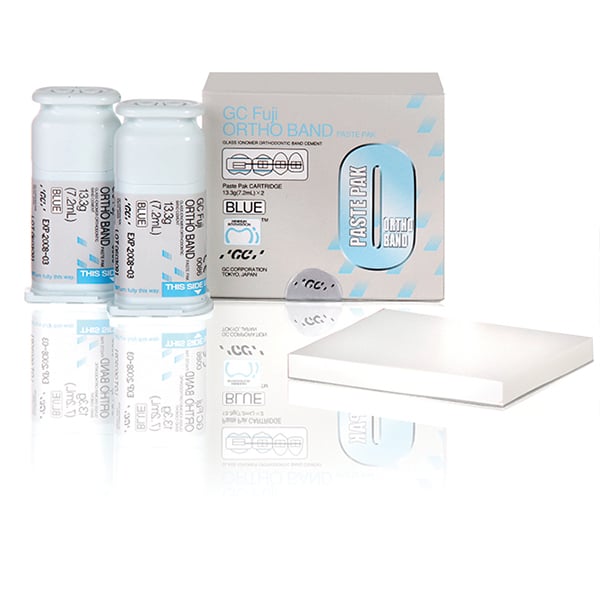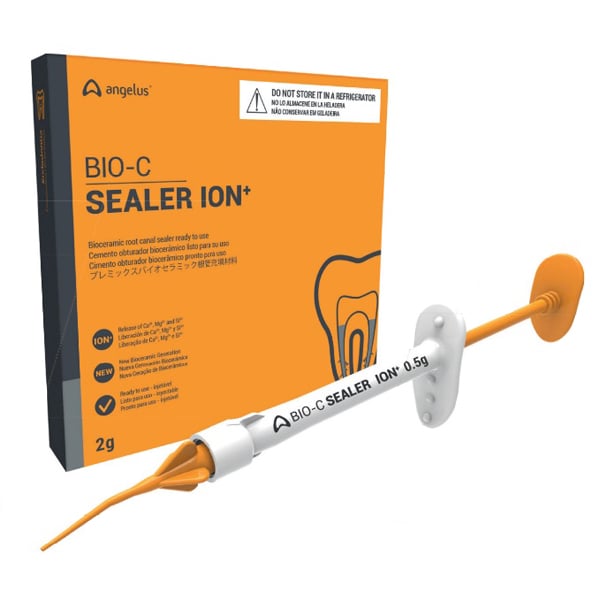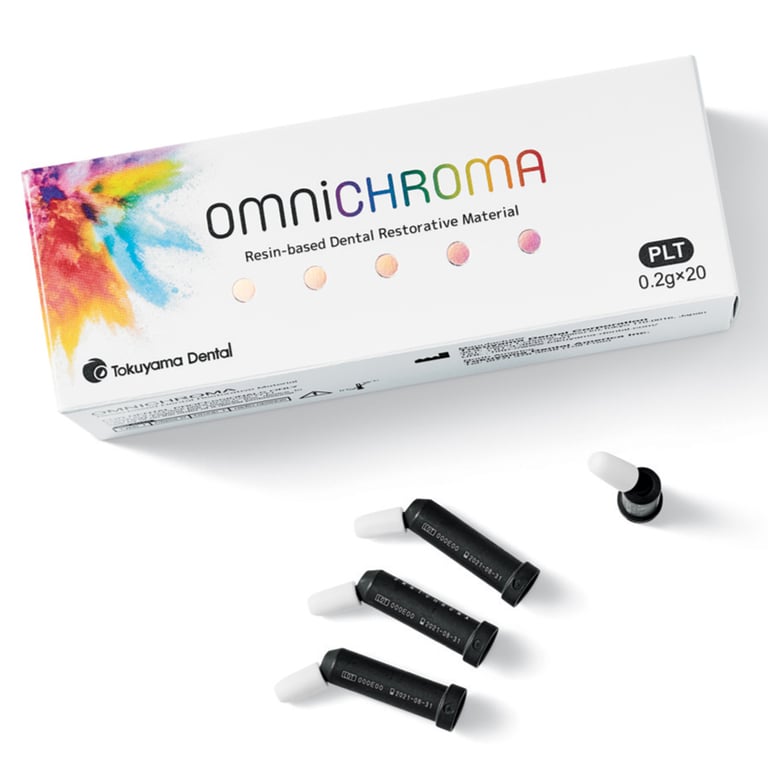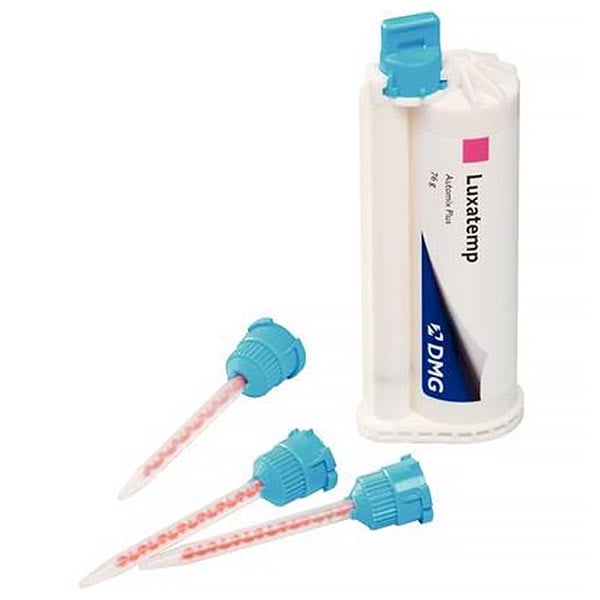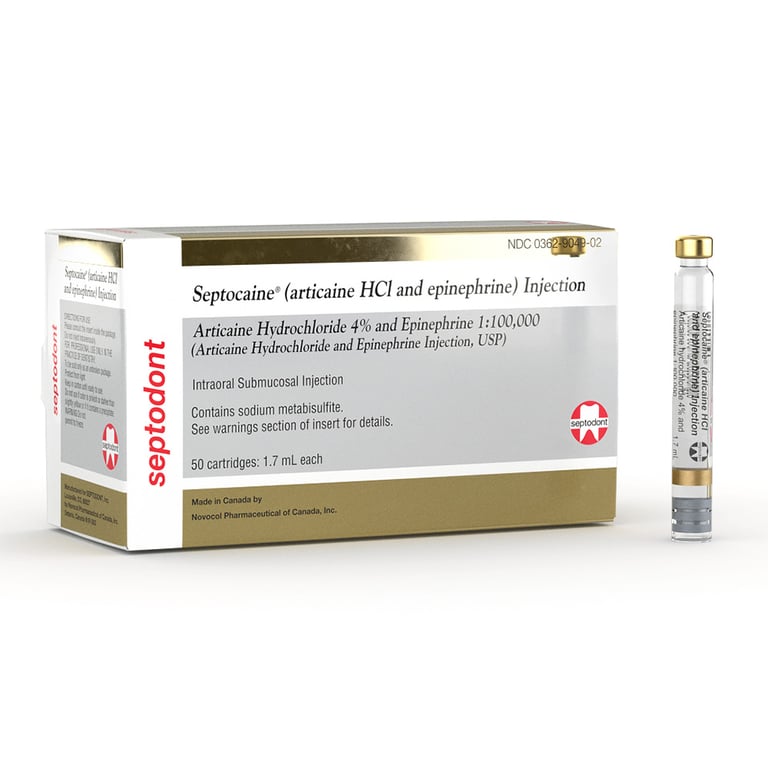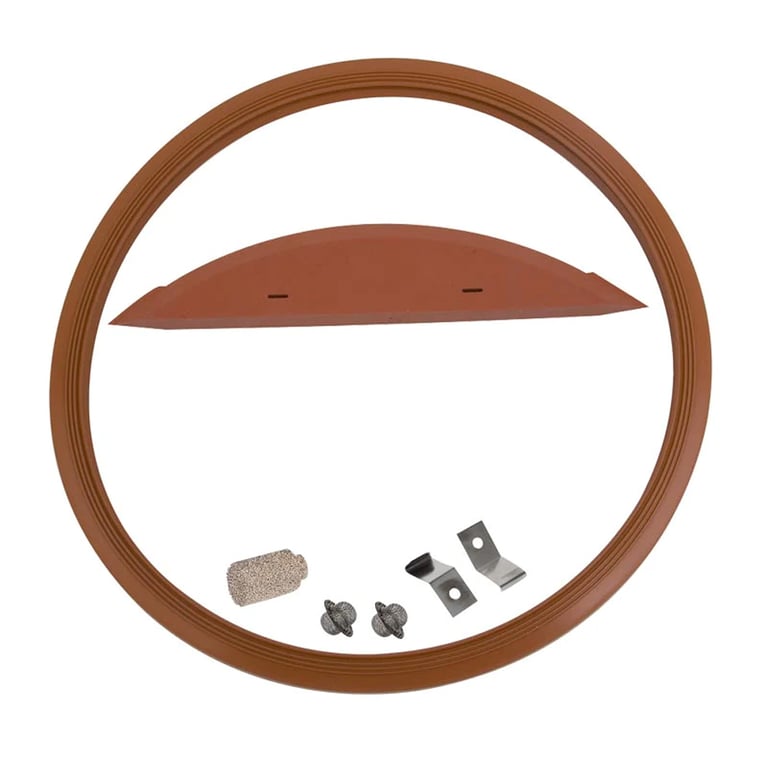If the dockworkers' strike at East and Gulf Coast ports continues beyond this week, many industries will feel the effects, and the healthcare sector is no exception. For dental practices, which rely on a global supply chain for many essential materials and equipment, this strike could pose significant challenges if it continues for an extended period.
Supply Chain Disruptions: A Major Concern
Dental practices depend on a consistent supply of medical equipment and materials, many of which are imported from overseas. A prolonged strike could lead to shortages or delays in receiving essential items such as:
Sterilization supplies: Autoclave bags, disinfectants, and other sterilization products might be delayed.
Personal protective equipment (PPE): Masks, gloves, and gowns are essential for infection control, and shortages could disrupt daily operations.
Dental implants and prosthetics: These custom-made products often come from overseas manufacturers, and delays could impact patient care.
Orthodontic materials: Wires, brackets, and other orthodontic supplies may also be affected.
Equipment maintenance: Replacement parts for critical machinery may become scarce, potentially hindering practices’ ability to maintain or repair equipment.
While some dental practices may have stocked up on essential supplies, prolonged disruptions could eventually cause significant operational issues.

Cost Increases: A Looming Challenge
If the strike continues, the cost of dental supplies and equipment is likely to rise due to inflation and increased transportation costs. Dental practices may face:
Higher costs for supplies: Prices for everything from dental instruments to sterilization materials could increase.
Rising overhead expenses: General price hikes across industries could affect rent, utilities, and other operational costs.
Price adjustments for services: Practices may need to evaluate their pricing structure to maintain profitability in light of rising costs.
Managing these cost increases will be a balancing act for dental practices, especially as they seek to provide affordable care without compromising quality.
Appointment Scheduling: Prioritizing Patient Care
In a worst-case scenario where supply shortages become severe, dental practices may need to adjust how they schedule and prioritize treatments. Practices might consider:
Focusing on emergency procedures: Non-urgent appointments could be rescheduled to conserve resources for critical cases.
Limiting certain treatments: Elective treatments or those requiring specific supplies that are hard to obtain may need to be delayed.
Communicating with patients: Transparent communication about potential delays or changes to treatment plans will be crucial to maintaining trust and managing patient expectations.
While these measures may not be necessary immediately, planning for potential supply chain disruptions can help practices stay ahead of any challenges.
Preventive Measures: Steps to Take Now
To mitigate the potential impact of the strike, dental practices can take proactive steps, including:
Increasing inventory: Stock up on essential supplies like PPE, sterilization materials, and dental instruments to buffer against shortages.
Prioritizing equipment maintenance: With potential delays in obtaining replacement parts, especially those manufactured overseas, it’s crucial to stay on top of regular equipment maintenance. Addressing minor issues early can prevent costly breakdowns and ensure that critical machinery remains functional during supply disruptions.
Proactive patient communication: Keep patients informed about any potential disruptions to their care, and reassure them that you’re doing everything possible to maintain a high level of service.
How to Combat a Negative Downside
While the strike’s immediate effects may not yet be fully felt in dental practices, a prolonged labor dispute could create ripple effects throughout the entire healthcare supply chain. Dental practices, like other medical specialties, may face growing challenges if the strike continues for several more weeks.
Staying informed, planning ahead, and taking preventive action can help your practice navigate the uncertainties of this situation. By proactively addressing supply chain disruptions, cost increases, and patient care adjustments, dental practices can better weather the potential impacts of the ongoing strike.
Shop the Story
Revosoft Nitrile Exam Gloves, Powder Free, Medium, Dark Blue, 300/Box, Case of 10
Shop Now
CaviWipes Towelettes *Case of 12 Cans* (Large: 6" x 6.75") 160/Can
Shop Now
GC Fuji Ortho Band Paste Pak, Refill - Blue Glass Ionomer Orthodontic Band
Shop Now
BIO-C Sealer ION+ Ready-to-use Bioceramic Root Canal Sealer, .5g Syringe, 4/Pk
Shop Now
Omnichroma PLT, Universal Shade Composite - 20 x 0.2 g Compules
Shop Now
Luxatemp Automix Plus A2 Refill - Bis-Acryl for Temporary Crowns and Bridges, 1- 76 Gm
Shop Now
Septocaine Articaine HCL 4% with Epinephrine 1:100,000 Cartridges Box of 50 - 1.7 mL
Shop Now
RPI Sterilizer Pm Kit for Midmark/Ritter M9 and M9D sterilizers
Shop Now





